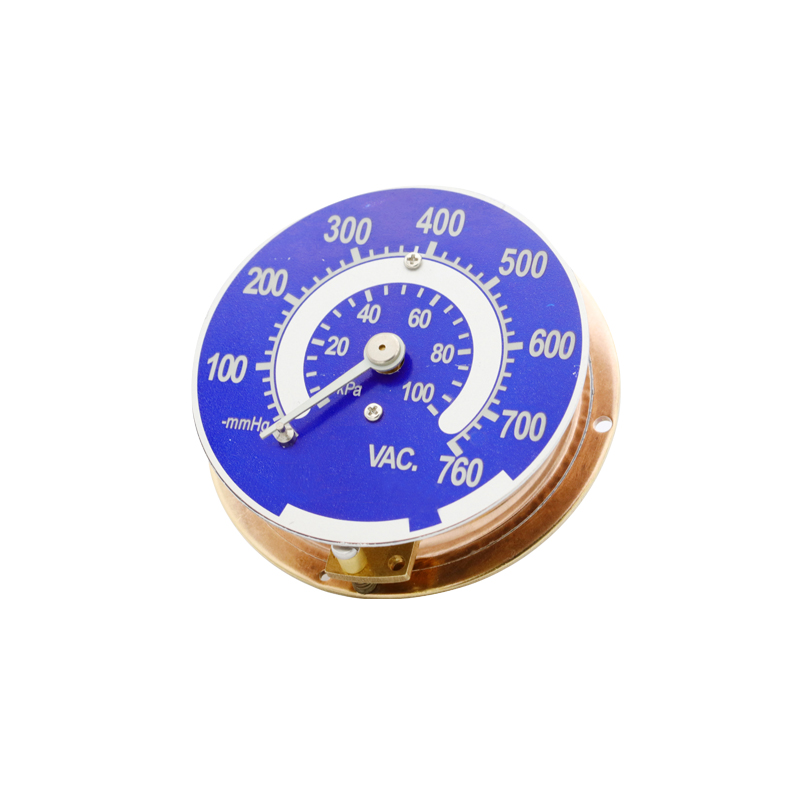
Dec . 10, 2024 12:14 Back to list
best differential pressure gauge
Understanding the Best Differential Pressure Gauge An Essential Tool for Precision Measurement
In various industrial applications, the need for precise measurement of pressure differences cannot be overstated. Whether in HVAC systems, water treatment facilities, or chemical processing plants, a reliable differential pressure gauge is crucial. This article delves into what differential pressure gauges are, their importance, and how to choose the best one for your needs.
What is a Differential Pressure Gauge?
A differential pressure gauge is a device used to measure the difference in pressure between two points in a system. Unlike a standard pressure gauge that measures absolute pressure, a differential pressure gauge is essential for applications where understanding the pressure drop across components like filters, compressors, or valves is vital. This measurement can help indicate the performance and efficiency of systems, alerting users to possible blockages or leaks.
Importance of Accurate Differential Pressure Measurement
Accurate measurement of differential pressure is important for several reasons
1. System Efficiency In HVAC applications, for example, monitoring the pressure difference across air filters ensures they are operating efficiently. If the pressure drop is too high, it may indicate that the filter is clogged and needs replacement, thus avoiding system overload.
2. Process Control In manufacturing, maintaining precise control over the pressure in a process can affect product quality. Differential pressure gauges help in maintaining optimal conditions for chemical reactions or physical processes.
3. Safety In many industries, differential pressure measurements are crucial for safety. For instance, in explosive environments, knowing pressure differentials can prevent dangerous conditions that may lead to catastrophic failures.
4. Preventative Maintenance Regular monitoring of differential pressure can help in predictive maintenance. It allows operators to identify potential issues before they lead to system failures, thus minimizing downtime and repair costs.
best differential pressure gauge

Choosing the Best Differential Pressure Gauge
When selecting a differential pressure gauge, there are several factors to consider
1. Range and Accuracy Ensure that the gauge can measure the range of pressures relevant to your application. The accuracy of the gauge should also meet the specific requirements of your process. Some applications may require high precision, while others may only need a general indication.
2. Medium Compatibility Different applications may involve various media such as air, water, or corrosive fluids. Ensure that the materials used in the gauge are compatible with the media to prevent corrosion or failure.
3. Environmental Conditions Consider the environmental conditions in which the gauge will operate. Factors such as temperature, humidity, and exposure to chemicals can affect the performance and longevity of the gauge.
4. Type of Display Differential pressure gauges come with different display options, including analog dials and digital readouts. Choose one that provides the easiest readability for your specific environment.
5. Calibration and Maintenance Look for gauges that are easy to calibrate and maintain. Regular calibration is essential to ensure accurate readings over time.
Conclusion
A high-quality differential pressure gauge is an indispensable tool in many industrial settings. By accurately measuring pressure differences, it aids in system efficiency, process control, safety, and preventative maintenance. When choosing the best differential pressure gauge for your needs, consider factors such as range, accuracy, medium compatibility, and environmental conditions. Investing in the right differential pressure gauge will pay dividends in operational efficiency and safety, making it a fundamental component in various applications.
-
Precision Differential Pressure Gauge Assembly Reliable & Customizable Solutions
NewsMay.29,2025
-
WIKA Sanitary Diaphragm Pressure Gauge High Precision & Durability
NewsMay.29,2025
-
HD Fire Pressure Gauges High Accuracy & Durable Solutions
NewsMay.28,2025
-
Custom Singles Capsule Systems Top Exporters & Factories
NewsMay.28,2025
-
Piston-Style Differential Pressure Gauges Precision & Durability
NewsMay.28,2025
-
WIKA Differential Pressure Gauge 700.04 High-Accuracy Industrial Measurement
NewsMay.28,2025
